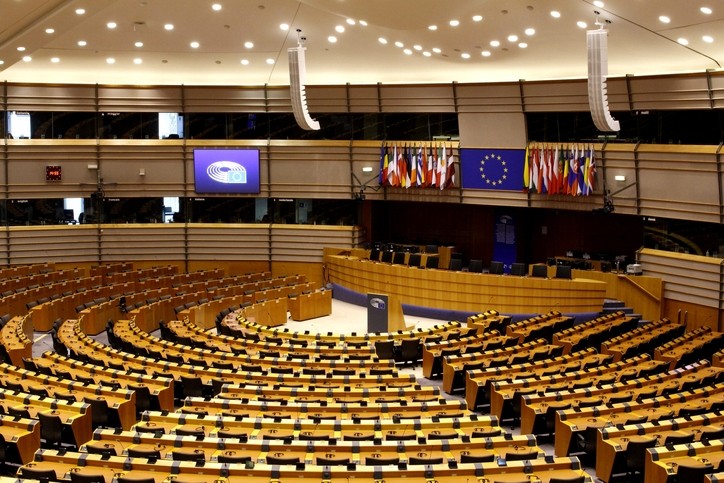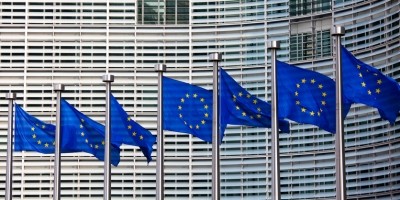EU lawmakers back nature restoration bill, but only just

Following a debate on Tuesday, the EU Parliament adopted its position today on the EU Nature Restoration Law with 336 votes in favor, 300 against and 13 abstentions.
A vote to outright reject the EU Commission’s proposal did not pass: 312 votes to 324 and 12 abstentions.
Socialist MEP and rapporteur, César Luena, said the law is “an essential piece” of the EU Green Deal.
“Our position adopted today sends a clear message. Now we must continue the good work, defend our ground during the negotiations with member states and reach an agreement before the end of this Parliament’s mandate to pass the first regulation on nature restoration in the EU's history."

Restoration measures
The EU must have restoration measures in place by 2030 covering at least 20% of its land and sea areas, say MEPs.
The Commission first proposed the nature restoration regulation in June last year - the objective is to reverse the environmental damage caused by human activity and climate change, and to achieve EU climate and biodiversity goals. The law saw increased support following the signing of the landmark biodiversity deal at COP15 in December.
“Europe’s nature is in alarming decline, with more than 80% of habitats in poor condition. Restoring wetlands, rivers, forests, grasslands, marine ecosystems, and the species they host will help increase biodiversity, secure the things nature does for free, like cleaning our water and air, pollinating crops, and protecting us from floods, limit global warming to 1.5°C, build up Europe’s resilience and strategic autonomy, preventing natural disasters and reducing risks to food security," according to the EU executive.
The Parliament said that the law shall only apply when the Commission has provided data on the necessary conditions to guarantee long-term food security and when EU countries have quantified the area that needs to be restored to reach the restoration targets for each habitat type. MEPs also foresees a possibility to postpone the targets under exceptional socioeconomic consequences.
The Commission has calculated that every €1 invested into nature restoration adds €8 to €38 (US$42) in benefits.
Within 12 months of the law entering into force, the Commission would have to assess any gap between restoration financial needs and available EU funding and explore solutions to bridge such a gap, through a dedicated EU instrument.
The EU Parliament is now ready to start negotiations with Council on the final shape of the legislation.
EU farming lobby, Copa and Cogeca, released a statement following the vote:
"Today’s vote marks the start of a new sequence on this text, with a trilogue from which little can be expected or hoped for, as it will not fix the fundamental problems with this proposal, starting with its lack of clear funding and feasibility. All in all, there’s little chance that the objectives set out by the Commission will be achieved as hoped.
"There will be no winners with this initiative, but many losers in our rural areas, starting with the smallest and most fragile economic structures. That's why all Copa and Cogeca member organisations will remain vigilant around the negotiations in trilogue over the upcoming months, making sure that subsidiarity is respected."












